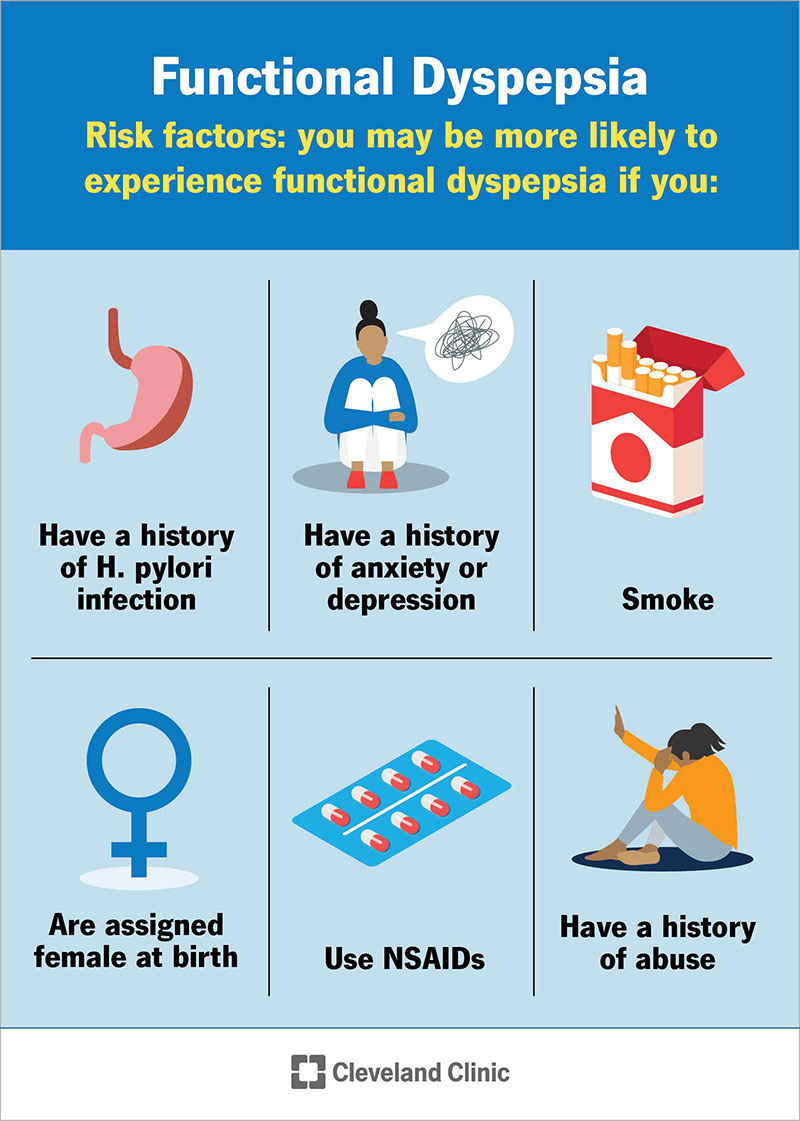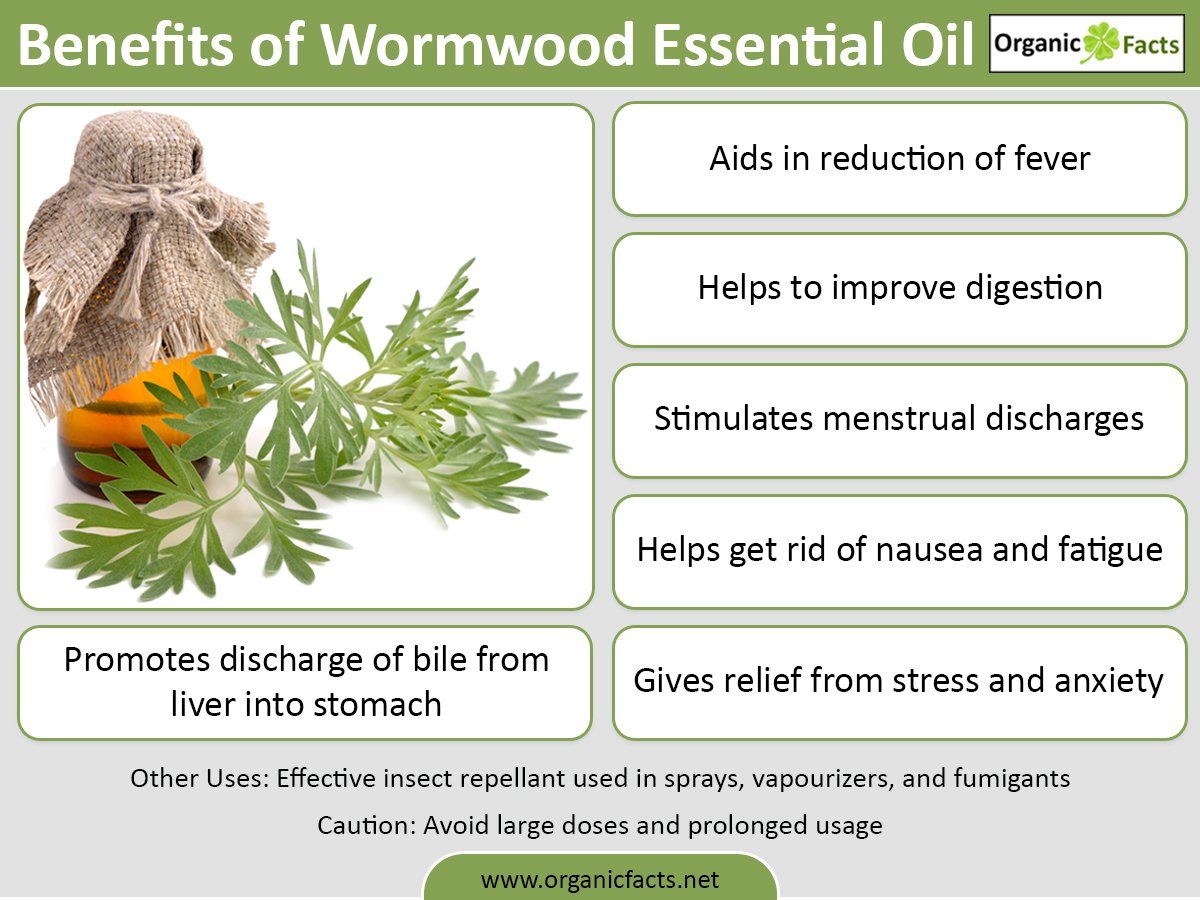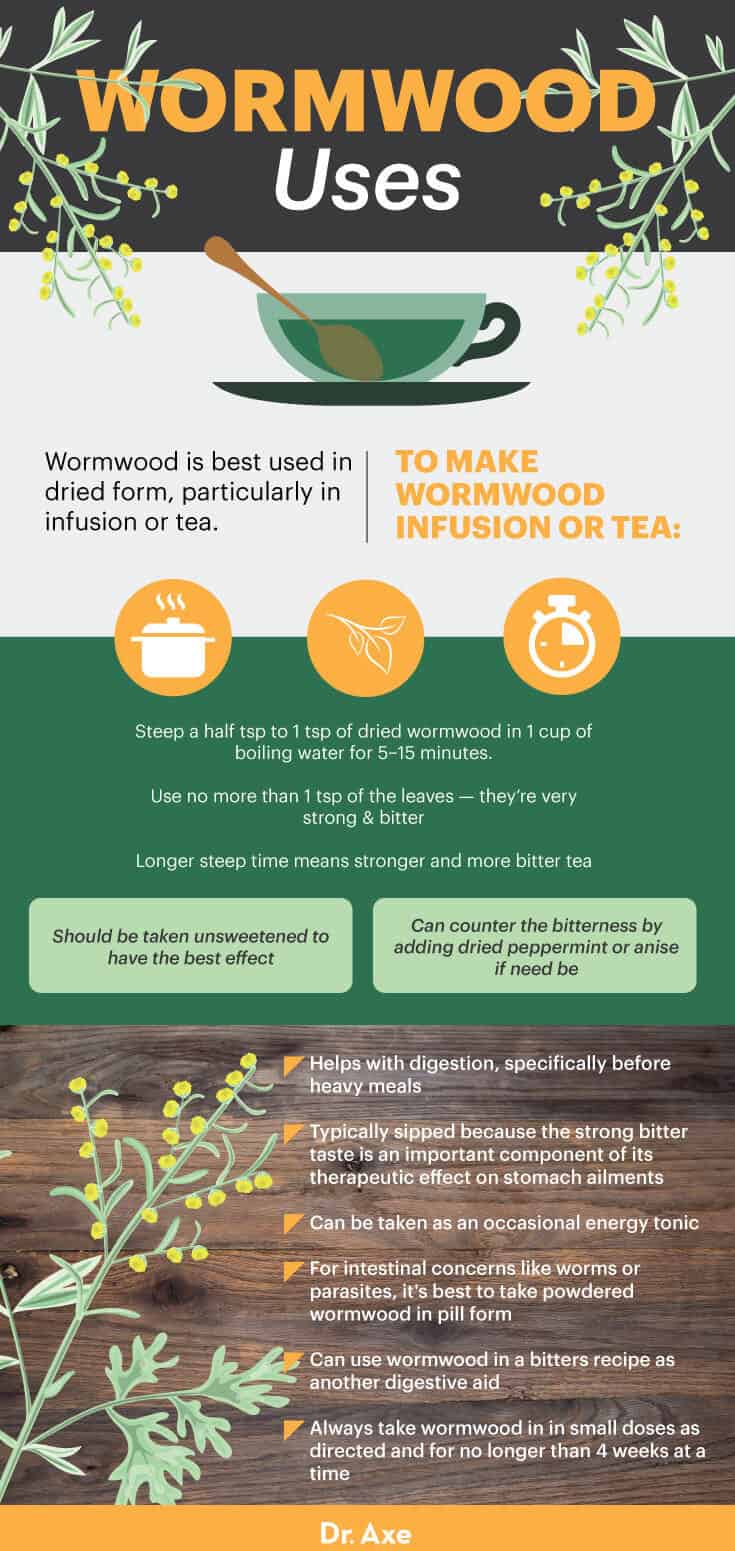
In this author’s last post, the pathophysiology of functional dyspepsia (FD) was explored as well as the implementation of botanicals, such as ginger and perilla, in managing the same. In the following sections, this author would like to continue reviewing other botanicals that show promise, such as wormwood, in treating and managing FD as well as other maladies.

Wormwood, also known as Artemisia absinthium, is considered an important perineal shrubby found in North Africa, Europe, Middle East, Asia, and has been used for a managing several maladies.1 Conditions that wormwood has been traditionally used for would include anorexia, anemia, jaundice, hepatitis, would healing, flatulence, gastric pain, and indigestion; the last three conditions being the most relevant to FD.1(1)
Batiha et al1(1,2) stated that wormwood has been suggested to possess and impart cytotoxic, antioxidant, antidepressant, anticarcinogenic, antifungal, antimicrobial, analgesic, and anti-inflammatory activities making it a logical candidate for treating FD. The following will consider such activities in greater which would likely have a positive effect on FD.

Wormwood has been reported to exert anti-inflammatory effects, and is likely to achieve the same via secondary metabolites to include sesquiterpene compounds and flavinoids.1(8) Such extracts induce their anti-inflammatory effects by regulating inflammatory mediators such as serotonin, prostaglandins, histamine, and bradykinins.1(8)
Furthermore, wormwood was found to down-regulate tumor necrosis factor alpha (pro-inflammatory cytokine) and inducible nitric oxide synthase (catalyze nitric oxide production) expression and nitric oxide (a vasodilator) release by its direct effect on transcription factor binding to deoxyribonucleic acid (DNA).1(8) Wormwood is also useful in managing pain (analgesic); Batiha et al1(9) stated that said botanical in the dose of 1.6 g/kg helped reduce fever symptoms (rat models) comparable to conventional aspirin in managing the same.

Artemisia absinthium, in the form of extracts and teas, may also help improve gastrointestinal tract conditions, to include FD.1(10) Such was thought to be possible through the bitter substances of wormwood by way of enhancing bile production and secretion. Furthermore, Batiha et al1(10) noted other clinical studies that found ethanolic Artemisia absinthium extracts could increase not only bile production, but also gastric and intestinal secretions in humans via oral administration.
Wormwood may also exert beneficial effects upon the gastrointestinal tract by way of its antimicrobial action. The mechanism behind the effectiveness of wormwood’s anti-microbial activity was thought to to bioactive components (monoterpene hydrocarbons) to include p-cymene, β-pinene, camphor, caryophyllene, and α-pinene.1(11)Such components were found to permeabilize the biological membranes and interfere with the fluidity of said surfaces.
In conclusion, FD is a condition characterized by early satiety, bloating, nausea, belching, vomiting, and recurrent/chronic fullness of the upper abdomen.2 Such symptoms, left unchecked, are likely decrease an individual’s health and quality of life. Despite such unfavorable symptoms, it is possible to use botanicals in a fashion that can help decrease discomfort associated with FD; wormwood could help serve such a means to an end.
References
1. Batiha GES, Olatunde A, El-Mleeh A, et al. Bioactive compounds, pharmacological actions, and pharmacokinetics of wormwood (Artemisia absinthium). Antibiotics. 2020;9(353):1-25. doi::10.3390/antibiotics9060353.
2. Yan L, Yu L, Zhao L, et al. Efficacy of Weikang Pian in patients with functional dyspepsia: A double blind, randomized, placebo-controlled clinical trial. Evid Based Complement Alternat Med. 2019;2019:1-11. doi:https://doi.org/10.1155/2019/4827046.
-Michael McIsaac
